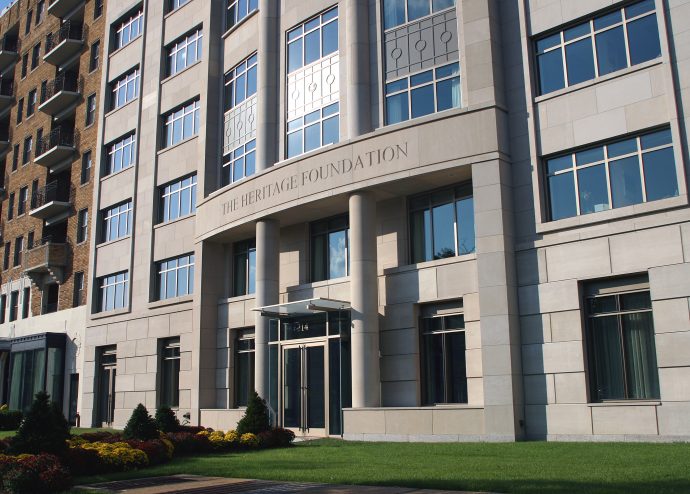“Public-Sector” unions continue to be a problem. “Before 2008, few people paid attention to public employee unions,” Daniel DiSalvo writes in this Heritage Foundation study. Among the few were this website and writers like David Denholm. Here is an excerpt from the Heritage study:
Four themes in the Founders’ thought are in tension with the introduction of unions and collective bargaining into American government. One is the importance of the consent of the governed, which is undermined when government outsources some portion of control over its workforce to unelected union leaders over whom the public has little control and whose priorities at times are at odds with the public good.
Another is the need to control factions in an extended republic, which is made considerably more difficult when one of those factions emerges from the government itself. A third is the principle of limited government, which can be overrun when public employee unions push for ever-larger government at the local, state, and federal levels. And last, there is the importance of effective administration, which can be undercut by burdensome work rules unions negotiate in collective bargaining.
KEY TAKEAWAYS
- Contemporary debate has overlooked the ways in which the growth of public-sector unions since the 1960s runs counter to the Founders’ political science.
- To restrain government so that liberty and self-government are protected, the role of unions in government must be reconsidered.
- An important task today is to control public employees and prevent them from becoming the tools of either parties or unions.
Introduction
Before 2008, few people paid attention to public employee unions. Since the Great Recession of 2008–2011, however, public-sector unions have been in the national spotlight. In 2009, for the first time, government employees became a majority of all union members—despite constituting less than 20 percent of the labor force.
In cities and states experiencing fiscal stress, government workers were forced to accept salary and benefit cuts.
Read more: Heritage Foundation
Image credit: The Heritage Foundation headquarters in Washington, D.C.

